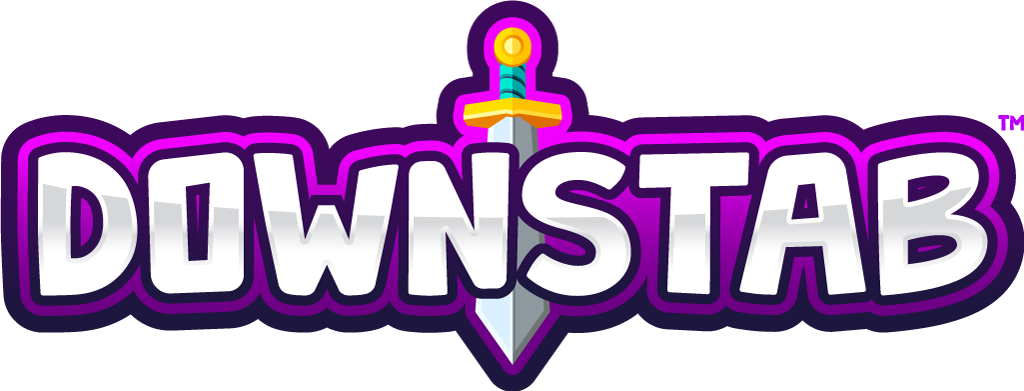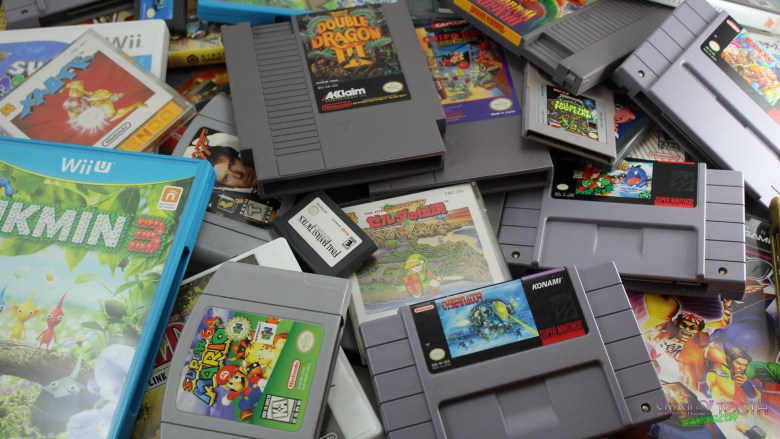When I’m asked about my game collection by friends and acquaintances the question, “Why not just download a game?” inevitably comes up. Since the seventh generation of consoles released, game downloads have absolutely been a completely viable option for gaming. The benefits outweigh the negatives in nearly every category. But for a game collector, and really any collector for that matter, digital products aren’t quite the same.
So when asked that question I typically respond by saying I enjoy the idea of going out and finding games on a shelf. I get excited when I see a random game I’ve never seen before that looks fun and has a great price. I think about how great it would be sitting on my shelf: I might not play it, but knowing I have it there to display is kind of what it’s about for me. Strange as it sounds, the thrill of “Hunting” for games has been more fun that physically playing them.
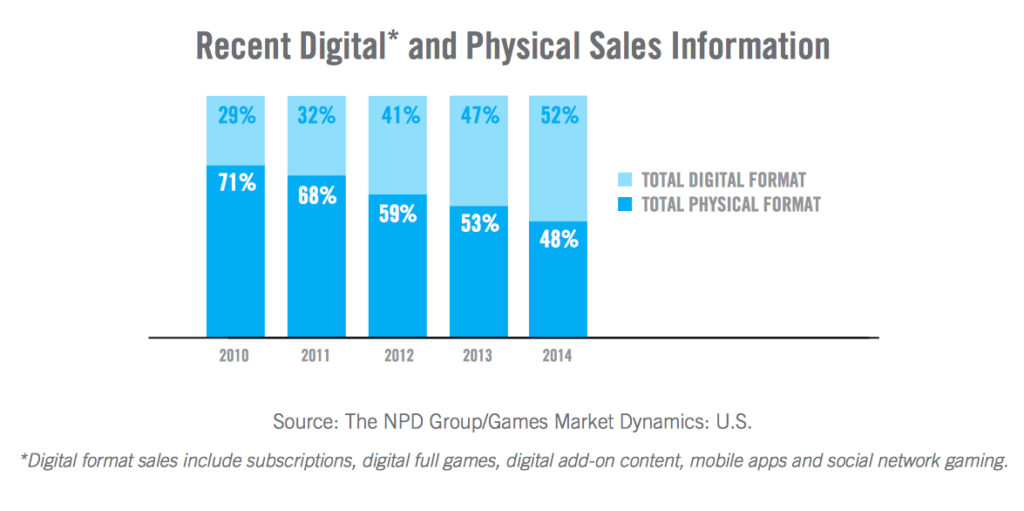
The prevalence of digital games has certainly created a situation where you just won’t find that many physical games on shelves. Triple A games will still be readily available, but the lesser known games, the indie games, and anything in between tend to be trickier to track down. I would personally argue game collecting has always had this hurdle of some games seemingly not existing on shelves at all, even back in the PS1/N64 era, but it does seem more common nowadays.
I have noticed a shift in how I go about collecting games these past few years. Physical games are still the way to go for me, but buying older generation games has become increasingly more difficult. Excluding online stores, there are very few places that sell used games from older generations. Proximity to used game stores is also a concern for me, as there are a few close to me, but far enough away I won’t venture out too frequently.
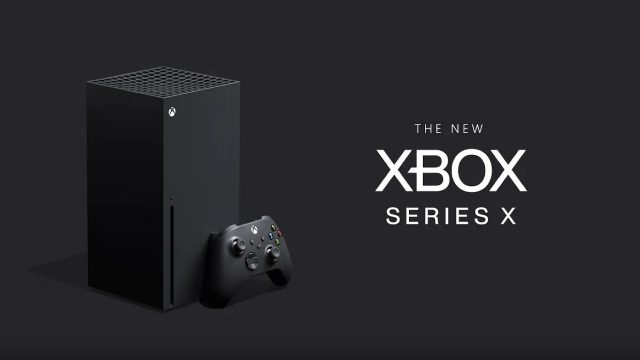
To rationalize what is happening for the general masses of gamers, people have two choices when buying games: They can buy a disc, or they can download the data. On many occasions the downloaded version of a game is significantly cheaper than the retail one. Also, you don’t need to do anything when you download a game, as it will be on your console immediately, albeit needing to download. This probably goes without saying, but downloaded games cannot be traded in to stores, meaning anyone that bought that copy of Gears 5 digitally will not be trading it in for someone else to buy cheaper later.
Conversely, the games that are being marketed on retail shelves tend to be the huge games that will sell millions, and other small market games that hopefully sell thousands. For every ten copies of Mario Kart 8 Deluxe there’s a Harvest Moon: Light of Hope at Target just collecting dust. For collectors this leads to stagnant waters at most major retailers, meaning the only bastion of hope for collectors would be used game stores.
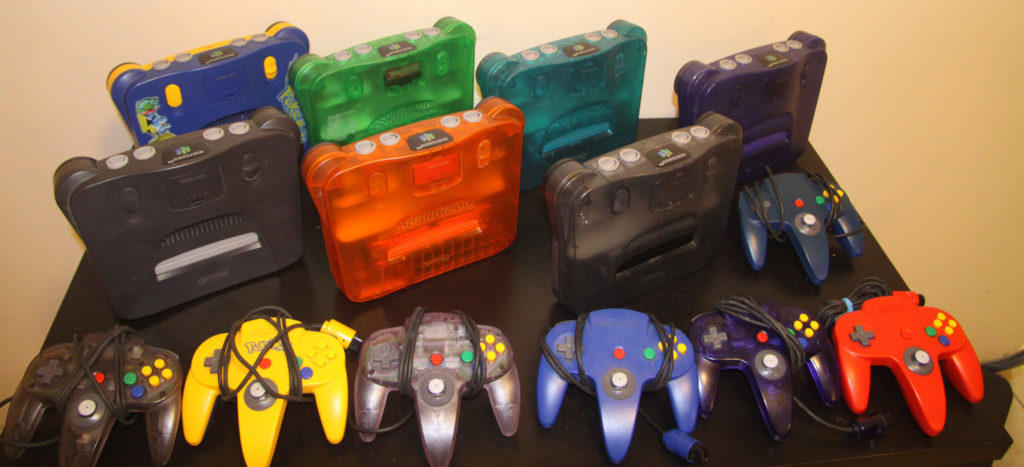
Which brings me back to my shift in collecting: I’m starting to like going to GameStop and other used stores to buy current generation games. I would often find myself browsing older generation games years and years ago, mainly because those games were cheap. Now that this option is gone, I find myself looking at PlayStation 4 and Switch games and hunting for some good deals. The most fun finds are the ones that are completely unknown at the time of discovery. In these moments the excitement I have felt for game collecting comes up to the surface, and I am reminded why I still enjoy this hobby, despite the challenges it now presents.
The future of game collecting is still hazy. The Xbox Series X is rumored to have full backwards compatibility all the way back to the original Xbox, which, not gonna lie, would be absolutely amazing. This gives relevance to old game discs, but if this feature isn’t included, then the future of gaming looks to be going more and more digital. I do not think we will ever see a time games are 100% digital. At least not for the time being. But the fun and thrill of game collecting is only getting stronger, and the dedicated and collectors will have a lot to look forward too with this next console generation.
Laters,
Jsick
